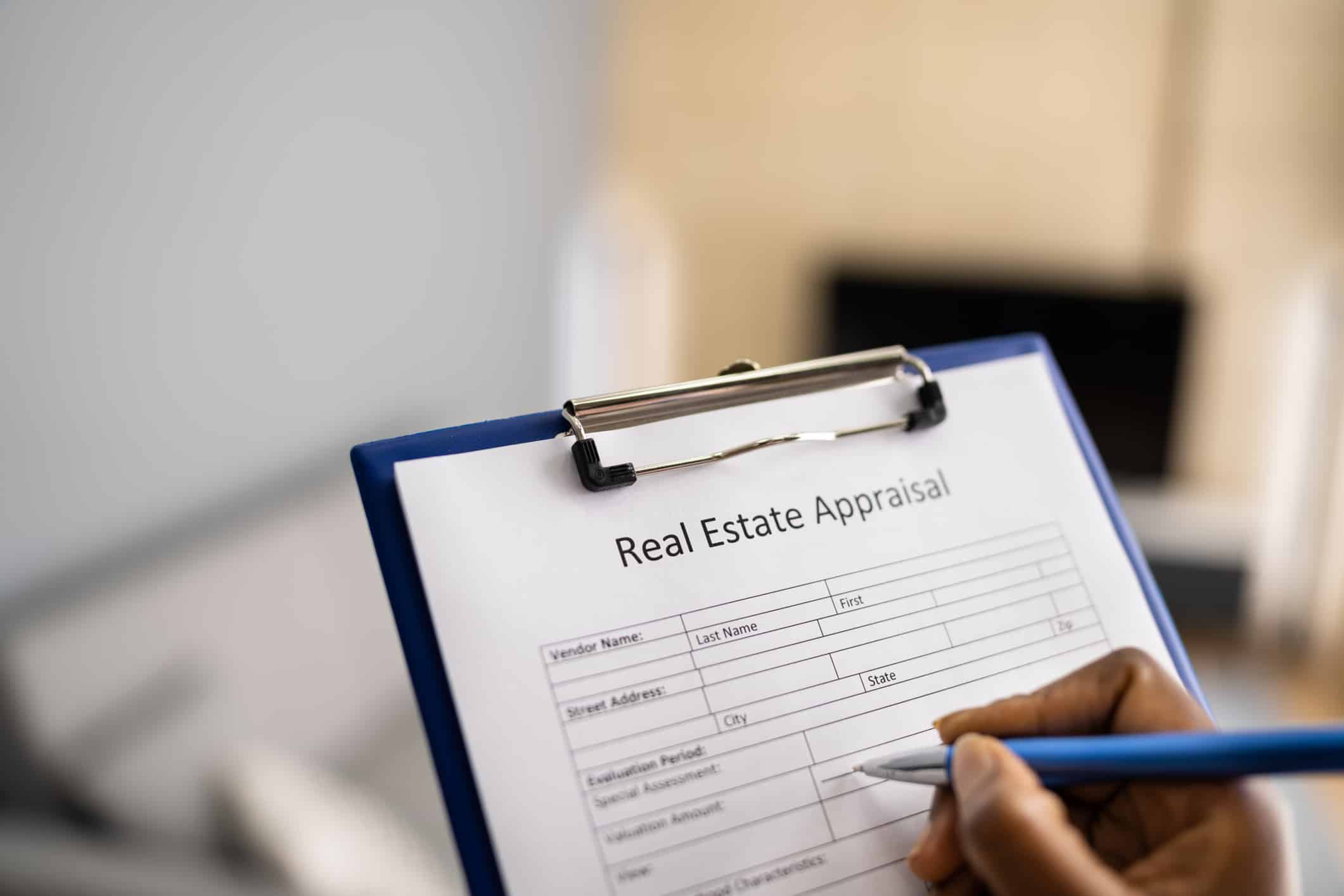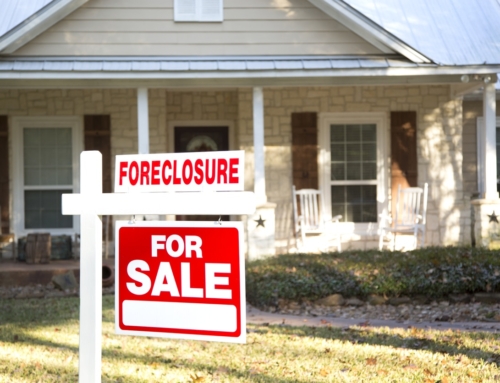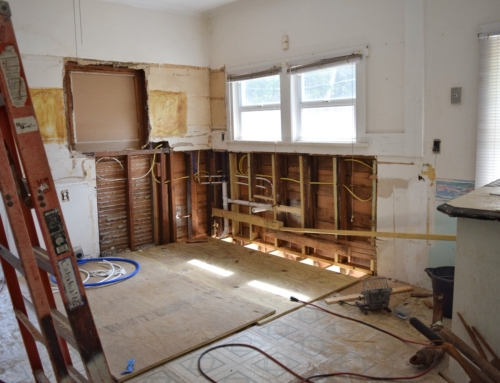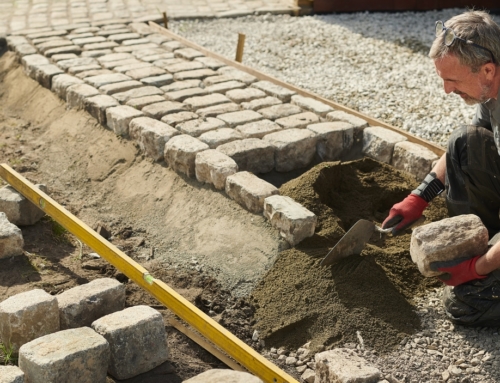Anyone buying or selling a real estate property likely knows about the role a property appraisal plays in almost all transactions. The appraisal of a property can help indicate its actual value and play a major role in the pending sales transaction.
Typically, the bank, mortgage company or other funding source will require and order a property appraisal. As you may expect, the party that has the most on the line – the lender – wants to know they’ve made a good mortgage loan and the appraised value is within their guidelines.
The lender will have a list of their approved appraisers and schedule one of them to go to the property for an evaluation.
The buyer applying for the mortgage is charged for the cost of the appraisal, typically between $250.00 to $500.00, depending on details like the square footage of the home, the age, whether it’s a commercial, multifamily, or residential property, and more.
The buyer will be assessed this cost at closing unless the seller offers to sweeten the deal and pick up the appraisal cost to close the transaction.
The Appraisal Process – What to Expect?
When the time for the appraisal comes, the appraiser comes to the property to assess its condition and report their appraisal value back to the lender who hired them.
They will measure the property and confirm the subject property or any neighboring homes do not encroach over the legal property boundaries, like with a fence on the wrong side of the lot line.
They will take dozens of photos to document the entire interior, from floor to ceiling, to look for any construction issues. The appraiser will operate all of the home’s systems like plumbing, electric, pool equipment and HVAC operations to ensure they work properly and present no obvious defects.
Outside, the appraiser will inspect your home’s roof, soffit, and fascia to check for any signs of rotting or deterioration. They’ll inspect the pool and pool pump to check for any leaks or severe cracks near the lanai foundation.
Depending on the appraiser, they may or may not go up in the attic or on your roof. After the physical inspection of the home, the appraiser will research things like the assessed tax value of the property, current and recent sales prices for similar properties in the same general area and summarize that in their report.
Seeing what homes in your area are actually selling for – not the asking price – is a good way to know if your appraisal is accurate.
Are All Property Appraisers the Same?
Every state has their own specific requirements on how to become a property appraiser. In Florida, the appraisal industry is regulated by the state’s Department of Environmental Protection’s Bureau of Appraisal division.
Their guidelines for becoming a certified appraiser in Florida state, “To become a real estate appraiser in Florida, you must be at least 18 years old and hold a high school diploma. You need to complete the pre-licensing education and accumulate the required work hours under a certified appraiser’s supervision. Also, you will register with the Florida Real Estate Appraisal Board.”
A full detailing of what Florida requires to become a certified property appraiser can be found here.
In some cases, a home’s owner may question the appraised value of their property, wondering if its not too low for the current market conditions.
This can be common in the type of seller’s market Southwest Florida has been experiencing over the last 2 years or so, where buyers were standing in line to buy houses at what many industry professionals feel were unrealistically high prices.
Those scenarios can put a false hope into the heads of sellers, which is why a thorough and expert property appraisal is always a good idea.
Of course, there are other scenarios in which an appraiser’s valuation comes in a little higher than the seller or buyer were anticipating.
It makes sense that a home’s condition effects the appraisal value. The more the appraiser finds to be deficient, the lower the value.
While they vary in terms of seriousness, things like a badly overgrown lawn or plants, a green, half-empty pool, peeling interior or exterior paint, or visible mold or mildew will affect the home’s appraised value.
The roof is a key to the home’s overall structure, and a good appraiser will not only get up on the roof and walk around but get into the attic to look at the underside of the roof’s plywood, any insulation or lack thereof, truss condition, air conditioning venting and much more.
This can reduce issues after closing regarding any serious concerns about the property.
If an appraisal report shows the home’s value is below the amount of the mortgage loan, the lender will likely deny the loan.
In today’s market, homes are appraising for at or above the asking price, in most circumstances, but the future of home prices and available inventory presents a lot of questions for the long-term housing market in Southwest Florida.







Leave A Comment